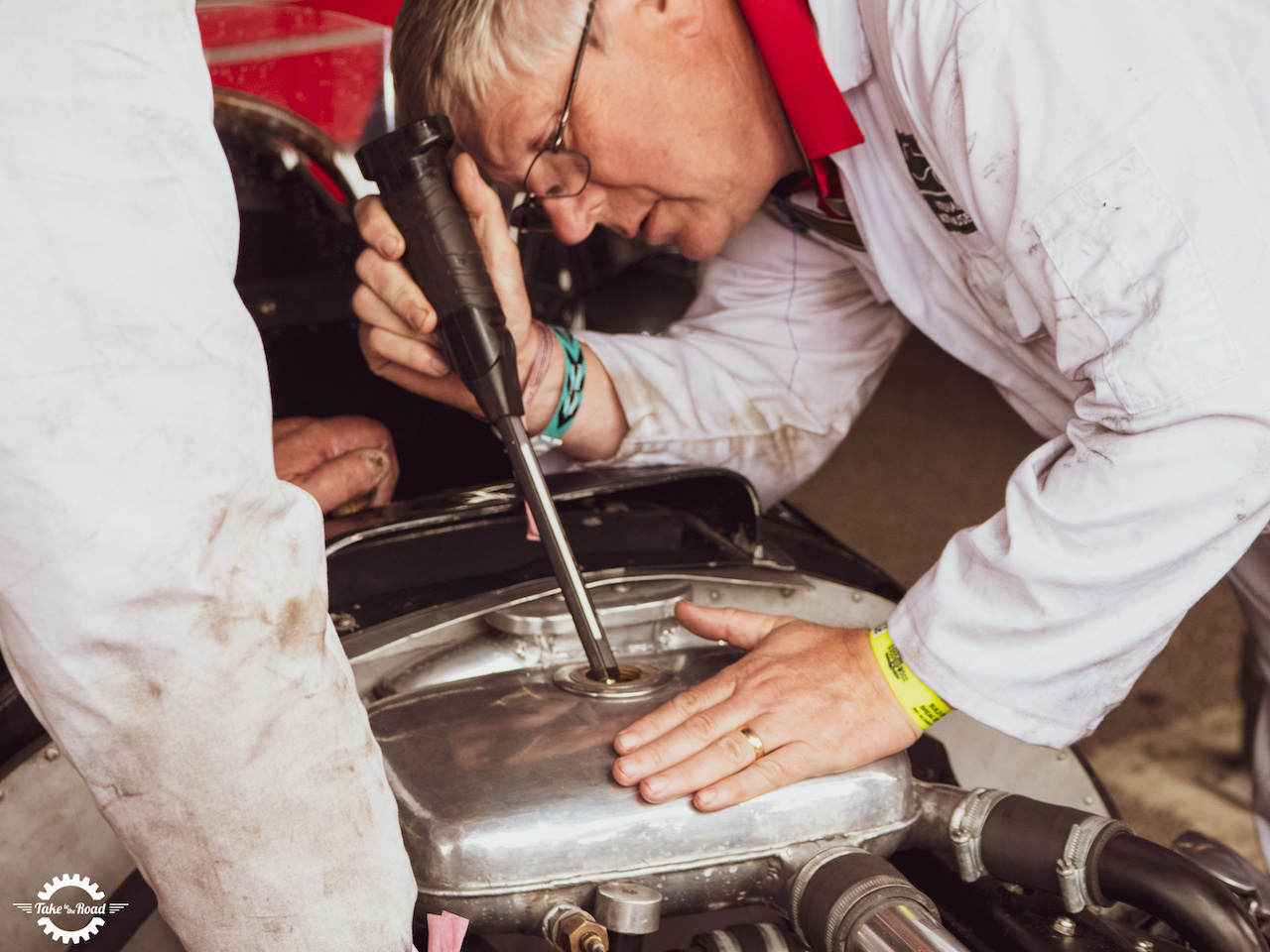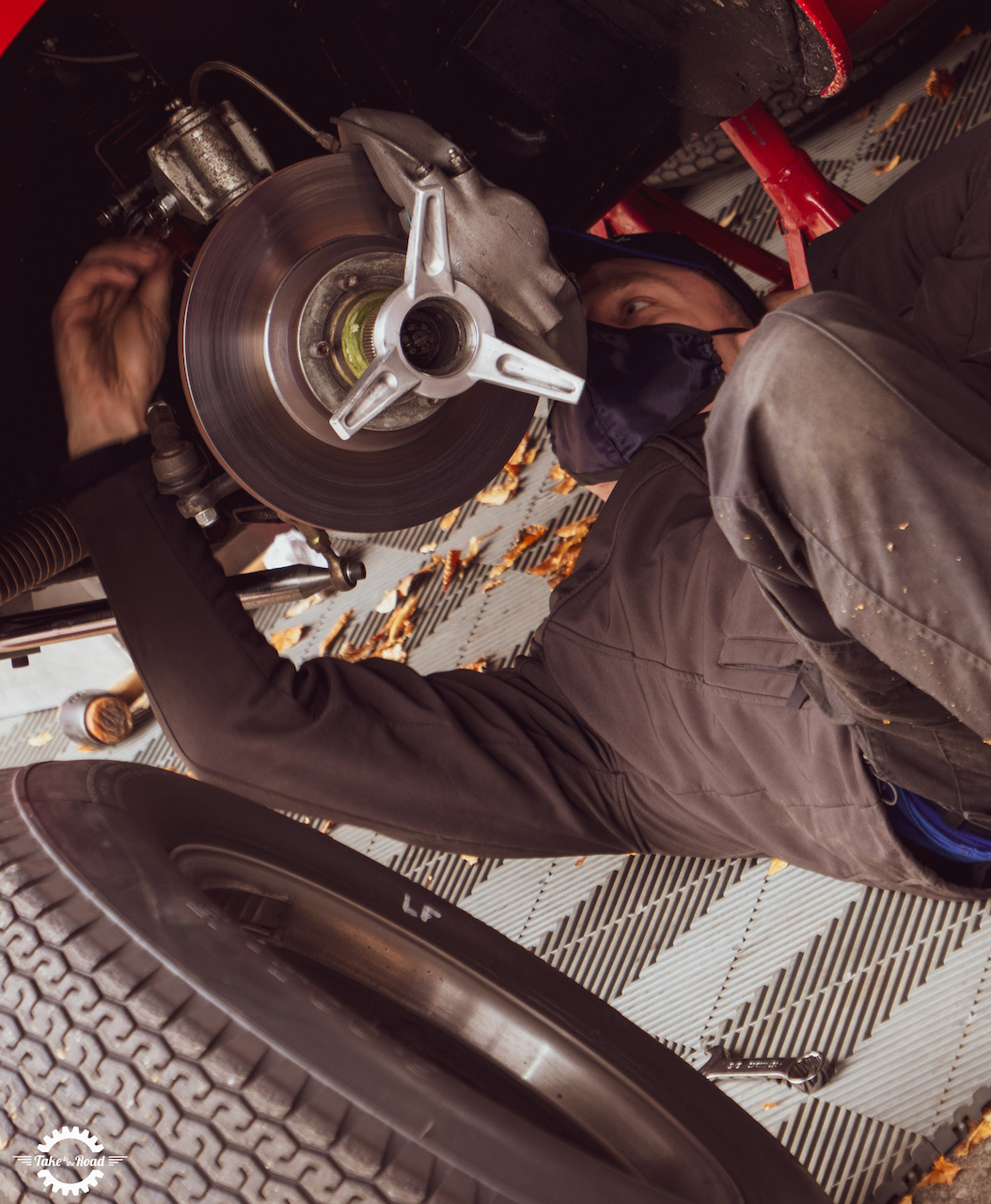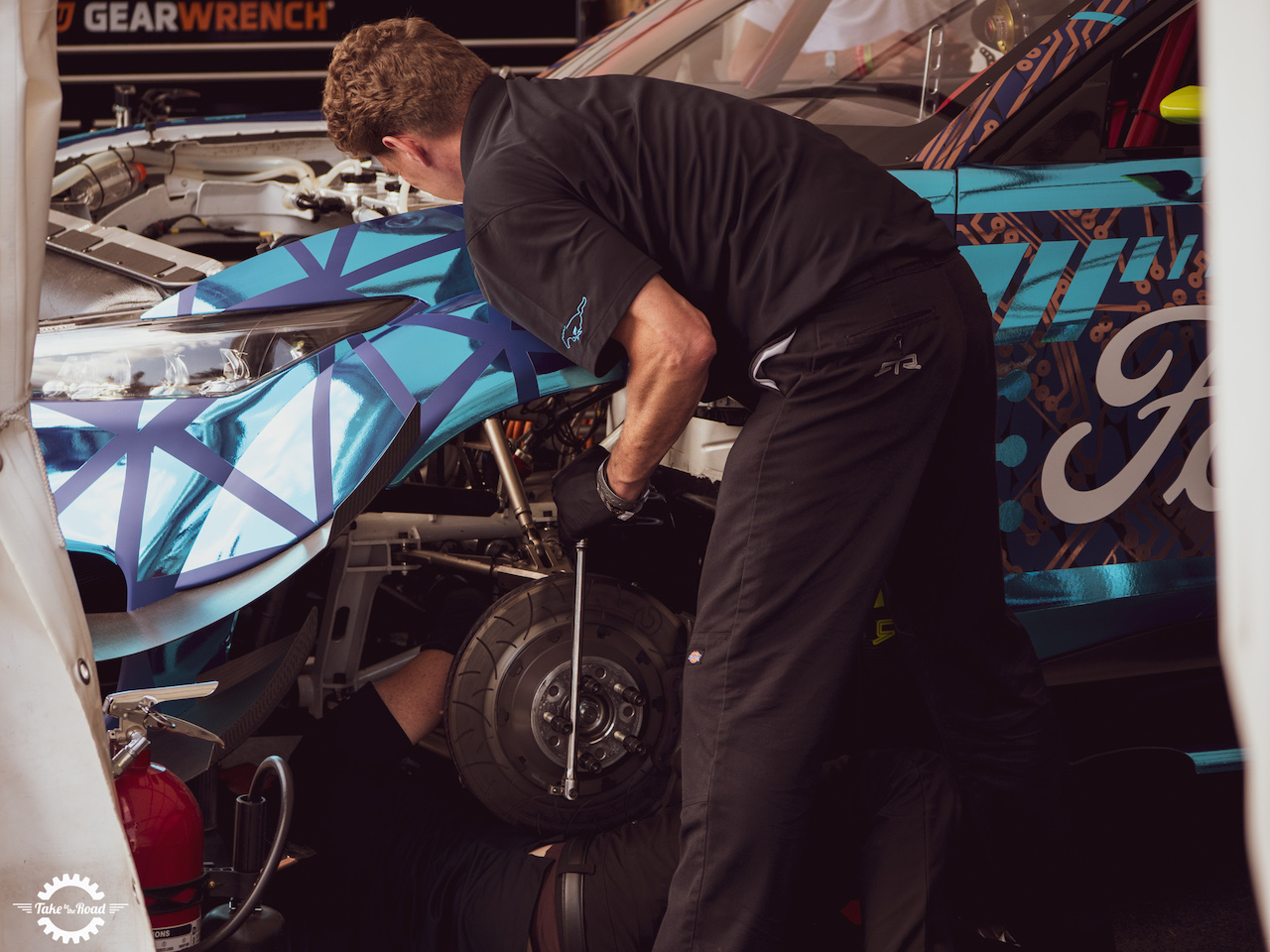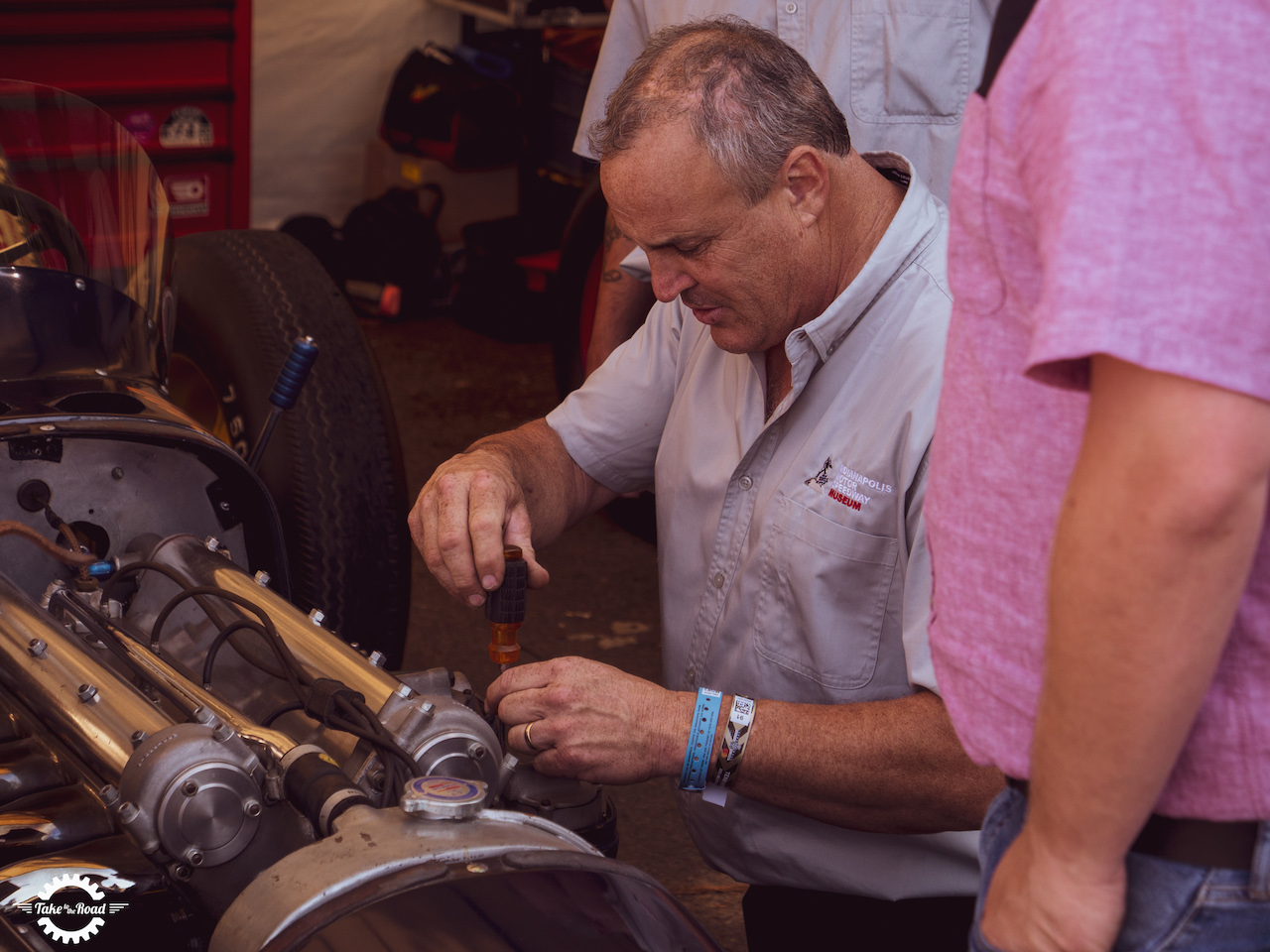If you have a passion for vehicles, problem-solving, and working with your hands, then become a mechanic could be the perfect career path for you. Whether you dream of working on cars, motorcycles, HGVs, aircraft, or even Formula 1 cars, this guide will walk you through the steps to become a mechanic in the UK, including qualifications, training, and job opportunities.
Why Become a Mechanic?
Mechanics are in high demand across various industries, from automotive to aviation. The role offers job stability, hands-on work, and opportunities for specialisation. Whether you want to become a car mechanic, an aircraft mechanic, or an HGV mechanic, the skills you gain will be valuable for years to come.
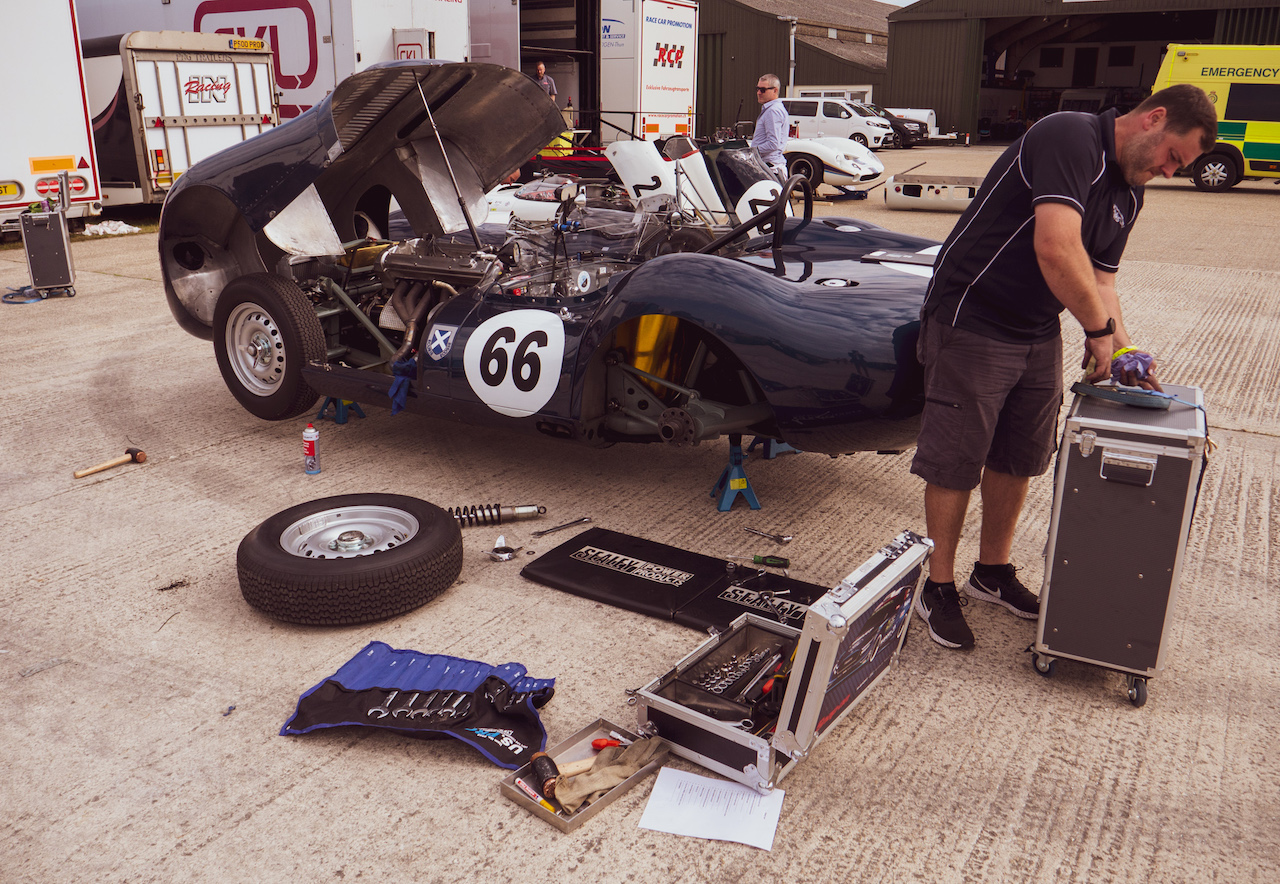
How to Become a Mechanic in the UK
Before you begin your journey to become a mechanic, it’s important to decide which area of mechanics aligns best with your interests and career goals.
1. Choose Your Specialisation
Before you become a mechanic, decide which area interests you most:
- How to become a car mechanic – Work in garages, dealerships, or as a mobile mechanic.
- How to become a motorcycle mechanic – Specialise in motorbike repairs and maintenance.
- How to become an F1 mechanic – Requires advanced training and motorsport experience.
- How to become an aircraft mechanic UK – Involves Civil Aviation Authority (CAA) certifications.
- How to become a heating and air conditioning mechanic – Focus on HVAC systems in vehicles or buildings.
2. Get the Right Qualifications
To become a qualified mechanic, you’ll typically need:
- GCSEs (or equivalent) in Maths, English, and Science.
- Vocational courses like BTEC or City & Guilds in Vehicle Maintenance.
- An apprenticeship – The most common route to gain hands-on experience while earning.
For those wondering how long does it take to become a mechanic, an apprenticeship usually takes 2-3 years, while full-time college courses may take 1-2 years.
3. Gain Practical Experience
Experience is crucial to become a mechanic. You can:
- Work as a trainee in a local garage.
- Volunteer to help with vehicle repairs.
- Complete an apprenticeship with an employer.
If you’re starting how to become a mechanic with no experience, apprenticeships and entry-level roles are the best way in.
4. Get Certified
While not always mandatory, certifications improve job prospects:
- IMI (Institute of the Motor Industry) qualifications.
- ATA (Automotive Technician Accreditation) for professional recognition.
- CAA licenses for aircraft mechanics.
5. Invest in Tools for Beginner Mechanics
Every mechanic needs their own toolkit. Essential items include:
- Socket and spanner sets
- Screwdrivers and pliers
- Diagnostic tools (OBD2 scanner)
- Jack stands and trolley jacks
How to Find a Job as a Mechanic
Once qualified, you can work in:
- Dealerships
- Independent garages
- Fleet maintenance
- Motorsport teams (for those wanting to become an F1 mechanic)
Tips for landing a job:
- Use a modern CV template highlighting skills and certifications.
- Network with local garages and mechanics.
- Apply for roles on job sites like Indeed and Autotech Recruit.
How Much Does a Mechanic Earn?
Salaries vary based on experience and specialisation:
- Entry-level mechanic: £18,000 – £22,000
- Experienced mechanic: £25,000 – £35,000
- Aircraft/HGV/F1 mechanics: £35,000 – £50,000+
Final Thoughts
If you’re determined to become a mechanic, the path is clear: get the right qualifications, gain hands-on experience, and continuously develop your skills. Whether you choose to become a car mechanic, an aircraft mechanic, or even an F1 mechanic, the automotive and engineering industries offer stable and rewarding career opportunities.
For those wondering how long does it take to become a mechanic, the answer depends on your route—apprenticeships typically take 2-3 years, while college courses may be faster. If you’re starting how to become a mechanic with no experience, apprenticeships and entry-level roles are the best way in.
Specialising in areas like HVAC systems, motorsport, or electric vehicles can boost your earning potential. Plus, investing in tools for beginner mechanics and keeping up with industry advancements will set you apart.
With strong demand for skilled technicians, now is the perfect time to become a mechanic. Start exploring courses, apprenticeships, and training programs today—your future in the trade awaits!


